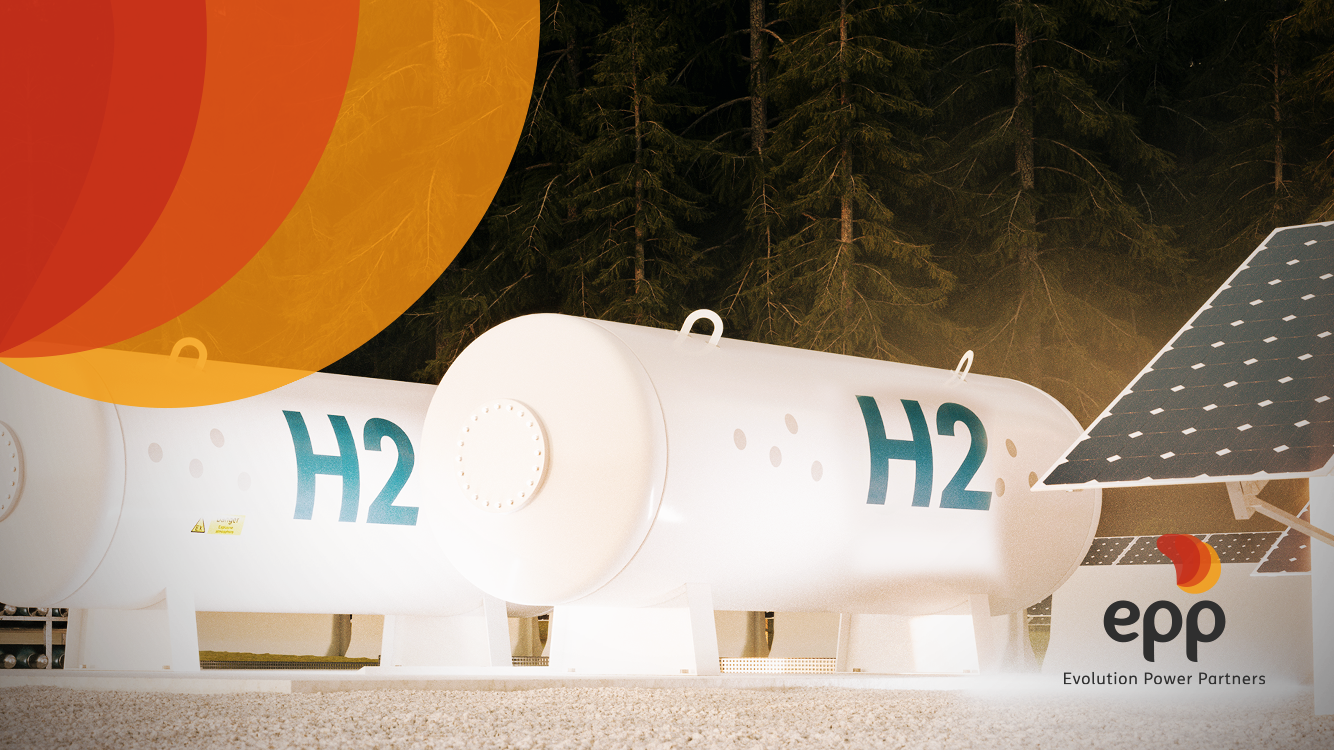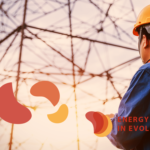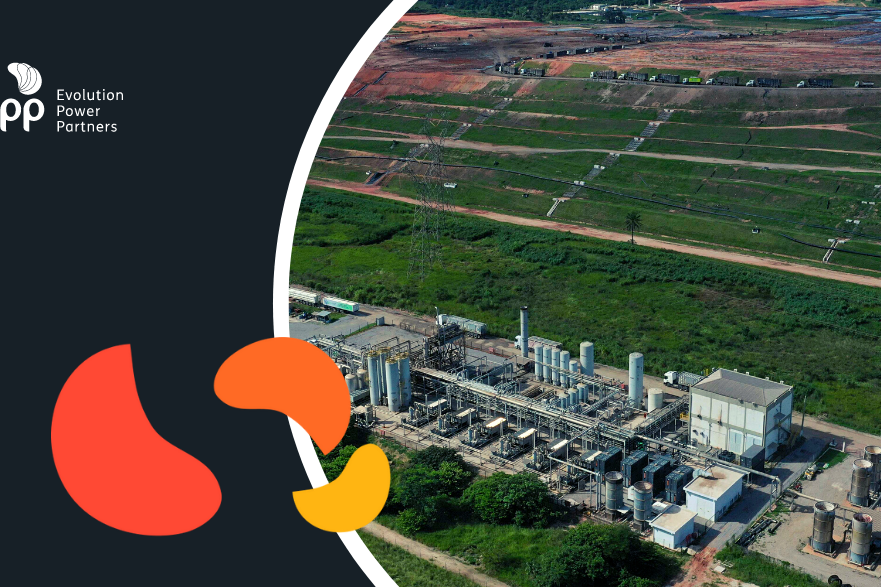The Brazilian policy on hydrogen is essential to open new paths and modernize the energy sector in the country.
Brazil still does not have a Brazilian policy on hydrogen. The National Energy Policy Council (CNPE) already organizes the guidelines for the National Hydrogen Program, which should be presented in July.
With the difficulty of finding an alternative source for greenhouse gas emissions, hydrogen has gained strength as an important resource for the decarbonization of economies.
Hydrogen is versatile in its use, does not emit CO2 and can function as energy storage. However, for the source to be fully developed in Brazil, the sector reinforces that flexibility is important to attract investments.
Brazilian policy on hydrogen
In order to create a promising hydrogen market in the country, it is necessary to develop the entire process chain, from the production infrastructure, through storage, transport and distribution. In addition, on the demand side, the model needs to be included in the consumption matrix in key sectors, such as transport, steel and fertilizers.
The construction of the new market in Brazil is a challenge, and to overcome it, safety standards, regulation and responsible agencies are needed so that hydrogen can reach competitive levels. However, flexibility is critical to success.
In an ideal scenario, the best path would be to invest in and promote green hydrogen in the country. After all, it’s the only zero carbon option. However, production costs are very high and unfeasible.
In this regard, walking the path with other options, such as blue hydrogen, produced with carbon capture (CCS) with a decarbonization potential of 85% to 95%, or gray and brown hydrogen, which use fossil sources, should not be ignored.
Thus, it would be possible to gain scale, attract investors and develop the market until the production of green hydrogen becomes viable. At this stage, the infrastructure will already be consolidated and the technology, logistics and regulation in use. The hydrogen policy also brings benefits in terms of helping to modernize the electricity sector, serving as a long-term action map, with well-defined objectives and competencies.
The Challenges to Consolidate the Hydrogen Market
The hydrogen market faces challenges to develop not only in Brazil, but also in the world. The energy transition can help diversify Latin America’s economy. After all, the region is recognized for its investments in renewables and can be a niche for business opportunities.
Despite the optimism about hydrogen, price is still a major factor in development. With high production, transport and storage costs, it is difficult for the industry sector, for example, to migrate to this market with so many other options available with lower costs and regulation.
In the technological aspect, although there are already some successful projects, storage is a big challenge. Hydrogen must be stored at high pressures in a gaseous or cryogenic state for storage in a liquid state and is highly flammable.
There is an expectation that society will evolve, opting for cleaner sources. In this case, industries and organizations will need to invest in these niches, not to be left behind. The role of the State is to identify these segments and provide subsidies and regulations to promote the most promising models.
One of the points to be taken into consideration is that the country already has an infrastructure of pipelines and gas transport supply. The model that works well and has developed even further with the new regulation of the sector can serve as an example for the hydrogen market to grow in the next 30 years, as foreseen in the PNE 2050.
Thus, the Brazilian policy on hydrogen is just beginning. But the experience of other countries can serve as an example of what works or not, being a shortcut to the consolidation of a strong model aligned with the needs of the players involved.





